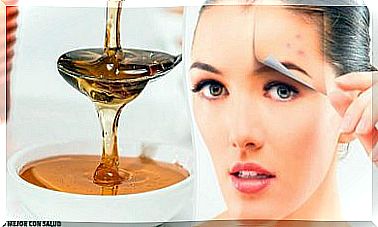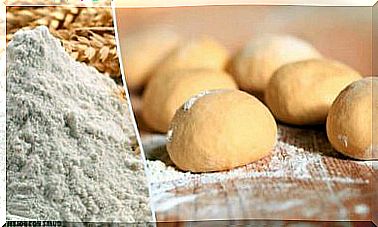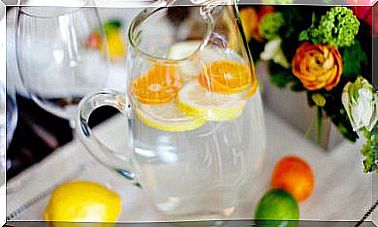Is Low Fat The Best Diet?
The idea behind the low fat or no fat diet is to save calories and lose body fat by avoiding fat.
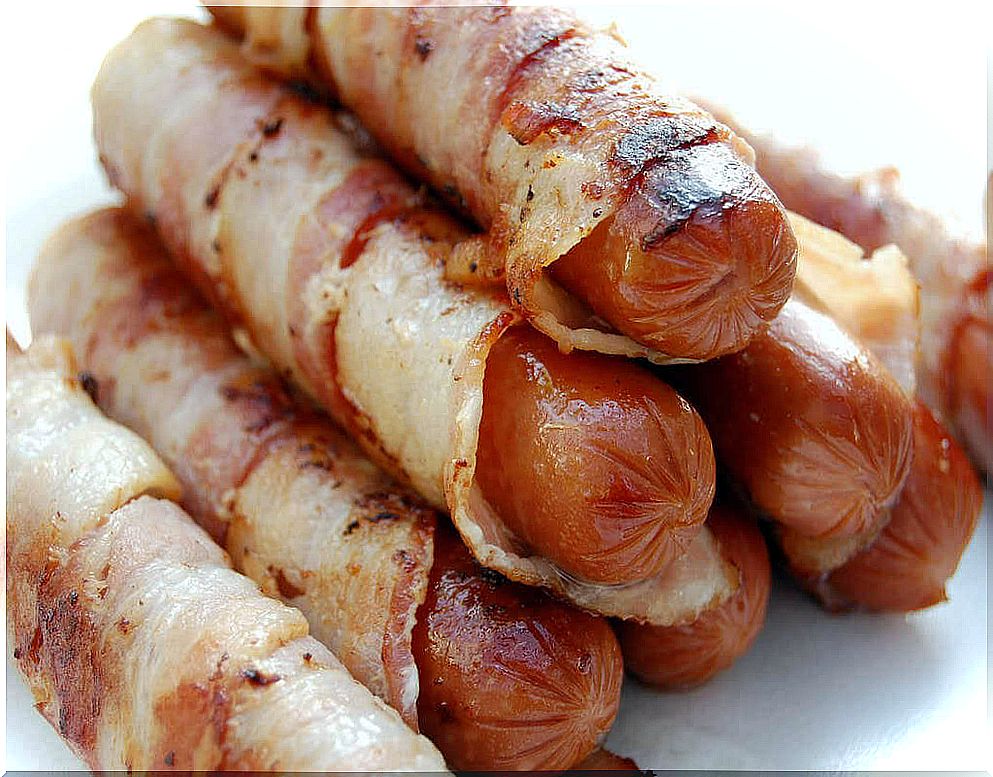
Can Low Fat Melt Your Body Weight? Can our body mobilize the fat that is missing in food from its own body reserves? Is Low Fat Healthy? What does No Fat bring to weight loss? Find out!
Low fat as a diet and in everyday life
The idea behind Low Fat is to take in as little fat as possible, thereby saving calories and letting your own body fat melt away. Dietary fats have the highest calorie density of all nutrients. With 9kcal per gram, they have more than twice as many calories as a gram of carbohydrates or protein. Therefore, fats and oils are quickly demonized and decried as “fattening food”.
Foods that are advertised and sold with Low Fat either contain less fat than their commercial counterparts or are even fat-free. It sounds simple: by buying such products, you can regulate your body weight and continue to eat normally. But it is not that simple.
It is absolutely correct that anyone who wants to lose weight should definitely pay attention to their dietary fat intake. Even people of normal weight who want to keep their weight should pay attention to the total amount of fat consumed. But it is only healthy as long as low fat does not become no fat!
No fat is dangerous!
It is true that “a little too much fat in the food” makes you fat in relation to “a little too much sugar in the food”, but it does not work entirely without fat!
Dietary fats are suppliers of essential fatty acids, they are vitamin carriers and also vitamin suppliers and ultimately, as flavor carriers, they also ensure that a dish tastes “round”.
A deficiency in essential fatty acids leads to various deficiency symptoms such as skin changes (excessive keratinization), susceptibility to infection, growth disorders, hair loss and a lack of blood platelets.
So if you completely do without fats in your food, you also do without essential fatty acids and fat-soluble vitamins. A fat-free diet is therefore life-threatening and a dangerous malnutrition.
Find out which fats are healthy and which are not:
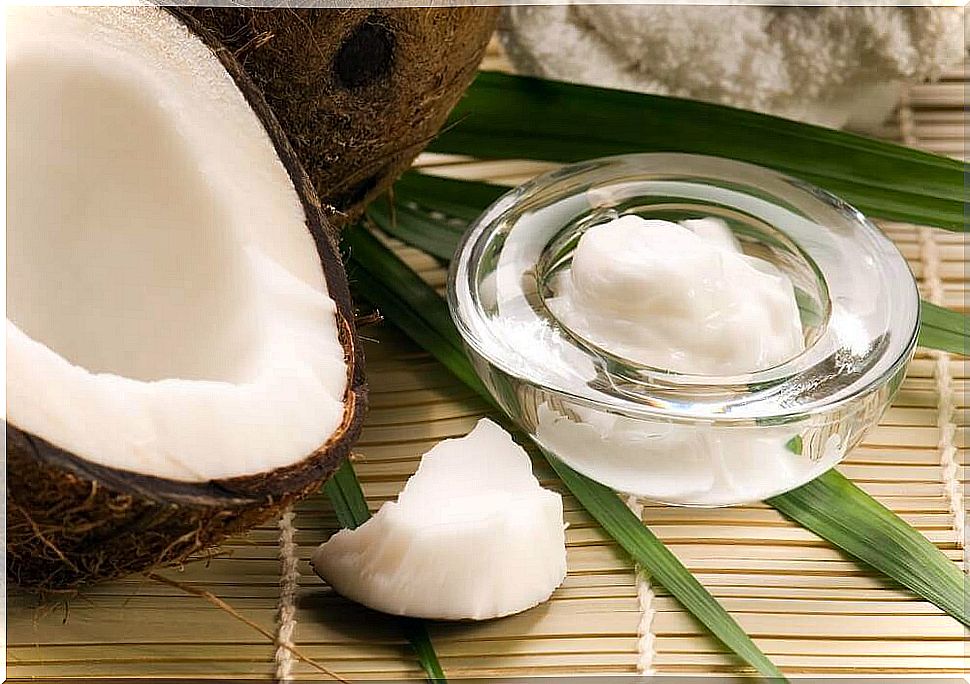
Saturated fat
Basically, you have to differentiate between saturated and unsaturated fatty acids. Saturated fatty acids are easy to spot: they are solid at room temperature.
This includes all animal fats, palm kernel fat and coconut fat. Saturated fatty acids are not essential to life, and to a greater extent even harmful to health, as they are responsible, among other things, for driving the cholesterol level in the blood to unhealthy heights.
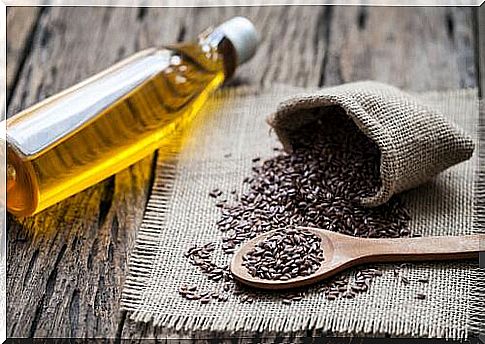
Unsaturated fatty acids
There are monounsaturated, diunsaturated and polyunsaturated fatty acids. What they all have in common is that they are liquid at room temperature. Monounsaturated fatty acids are found in olive oil, rapeseed oil and many nuts and seeds, for example.
The body is able to produce these monounsaturated fatty acids itself; therefore they are not essential.
The diunsaturated fatty acids include linoleic acid, for example, which is contained in safflower or sunflower oil. Polyunsaturated fatty acids can be found in fish, corn oil, but also in safflower oil or nuts. The body cannot produce polyunsaturated fatty acids itself, so they are essential.
Well-known essential fatty acids are “Omega3” and “Omega6”, which should literally be “on everyone’s lips” due to advertising: The “healthy Omega3” is contained in all vegetable oils and improves the flow properties of the blood. It also lowers blood pressure and lipids, which is why it can prevent hardening of the arteries.
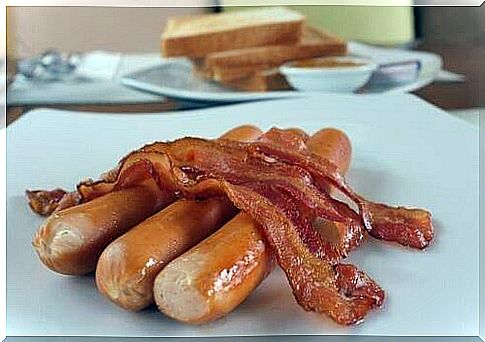
Which fat is healthy?
If you choose low fat, the quality of the fats should be high. In principle, avoid all animal fats as much as possible. In the case of meat and dairy products, low fat products can be a good alternative if you can’t do without fatty sausage and cheese entirely.
However, it is better to eliminate animal fats and other saturated fats (palm oil, etc.) from your diet almost entirely.
If you consume fat, choose oils that are high in omega-3 fatty acids. Local linseed oil has the highest omega3 content! If you don’t like the intense taste, you can also use rapeseed oil, walnut oil or soybean oil, which are much healthier in their fatty acid proportions than the widespread sunflower oil, corn oil or peanut oil – oils that are popular in gastronomy because they are cheap and highly heatable .

Low fat as a healthy middle ground
Too much dietary fat – of whatever kind – always leads to increased calorie intake and thus to obesity and the resulting cardiovascular diseases (e.g. high blood pressure ) and metabolic diseases (e.g. diabetes II).
Too much fat in food also leads to increased blood fat levels (triglycerides & cholesterol), so low fat is basically a step in the right direction.
